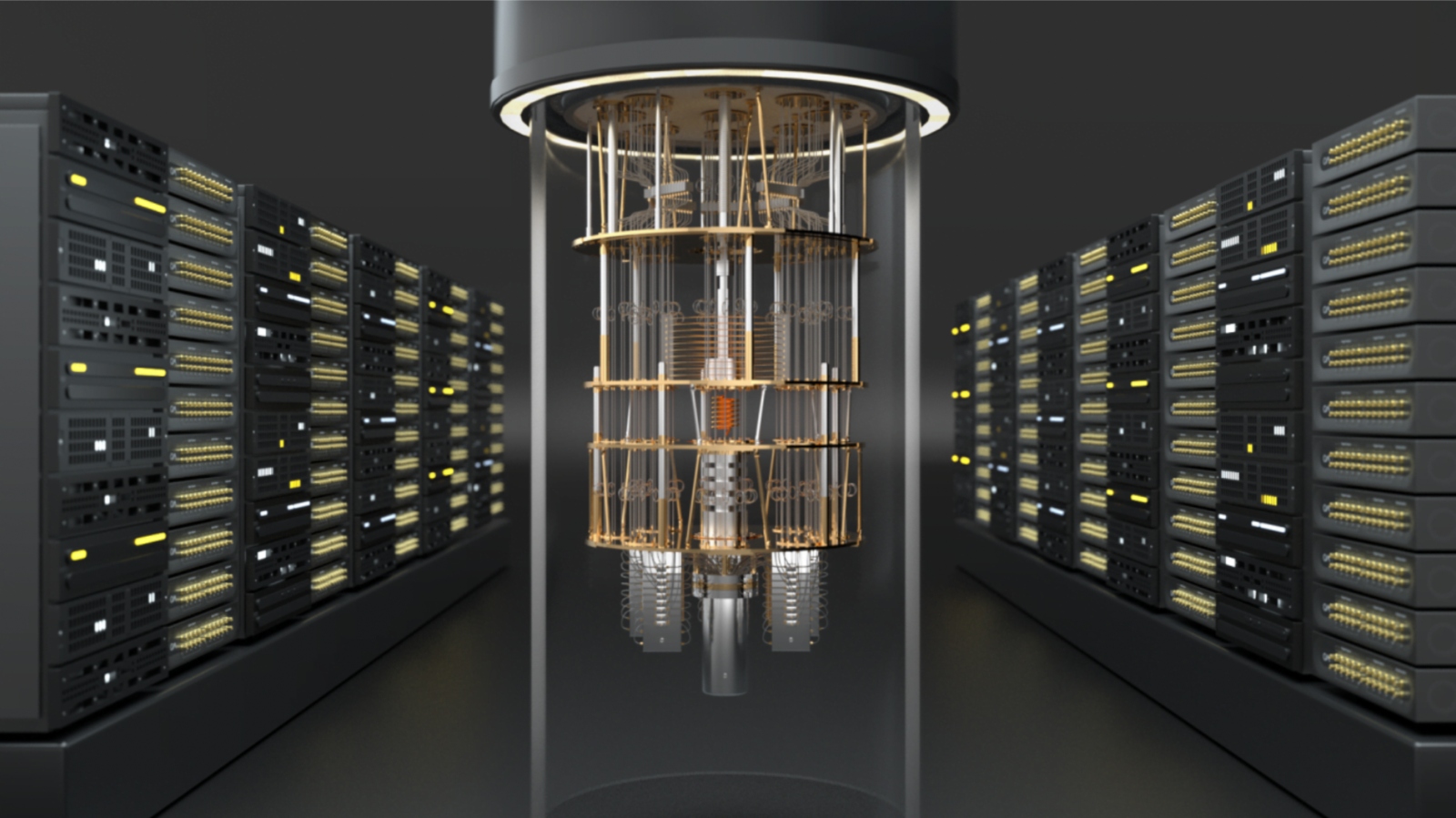Quantum mechanics could change computing as we know it forever. And the Israel Innovation Authority (IIA) wants the Startup Nation to be at the forefront of that change.
The government agency has allocated 100 million shekels ($29 million) over three years to establish an Israeli Quantum Computing Center, to be built by Tel Aviv-based firm Quantum Machines.
The new center “is part of the IIA’s policy of enabling the industry to maintain its leading position at the forefront of breakthrough and disruptive technologies,” said Ami Appelbaum, chairman of the IIA.
The center will give researchers access to development in three quantum processing technologies: superconducting qubits (short for “quantum bit,” the counterpart in quantum computing to the binary digit or “bit” of classical computing), cold ions, and optical computing – all with a joint control layer.
The center will additionally provide the Israeli quantum computing community, both industry and academia, with a full-stack quantum computer on which to run direct computations. And it will provide R&D services to the Israeli innovation ecosystem.
Some of the other Israeli and international companies providing technology and guidance for the new center include Tel Aviv-based Classiq, Haifa-based Elbit Systems, Holland-based QuantWare, London-based ORCA Computing and ColdQuanta of Colorado.
The goal is the have a fully operational infrastructure within 12-18 months with over 50 qubits of computing power.
The IIA’s coming center is not the only one that’s off and running with quantum computing in Israel. The TELEM Forum (National Infrastructure for R&D) and the Directorate of Defense Research & Development within the Israeli Ministry of Defense will soon issue an additional tender to develop quantum technologies for military use.
Ultimately, the new center should reduce R&D costs and provide the knowledge to guide researchers and provide a base for training personnel in this potentially game-changing area.
“The establishment of the quantum computing center presents a substantial leap in Israeli civilian technology’sfortitude,” adds Orit Farkash HaCohen, Israel’s minister of innovation, science and technology, enabling the Startup Nation “to advance Israel’s industry and secure its technological leadership.”
Quantum computing aims to harness the collective properties of quantum states – which include superposition, interference and entanglement – to perform complex calculations and solve problems too sophisticated for today’s computers and even supercomputers.
For example, supercomputers are great at working through difficult tasks like sorting a large database of protein sequences, but they struggle to see subtle patterns in that data that determine how those proteins behave.
Click here for IBM’s primer on what quantum computing is all about.

















